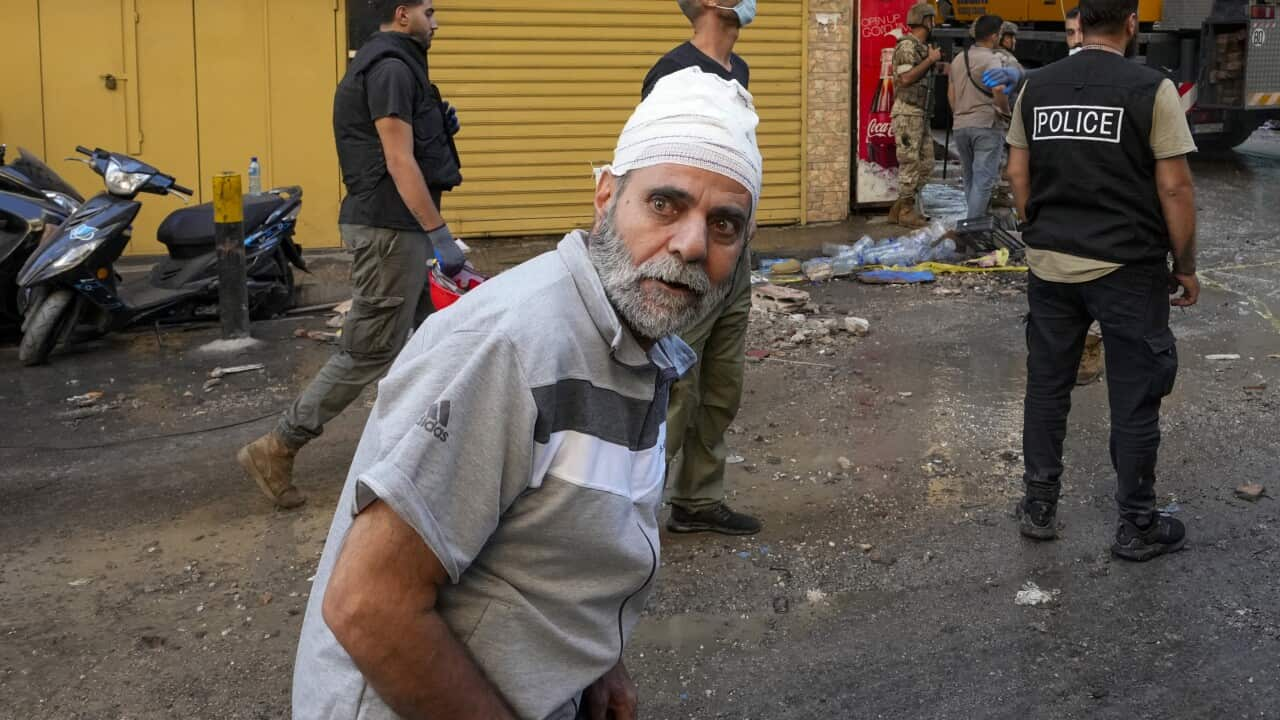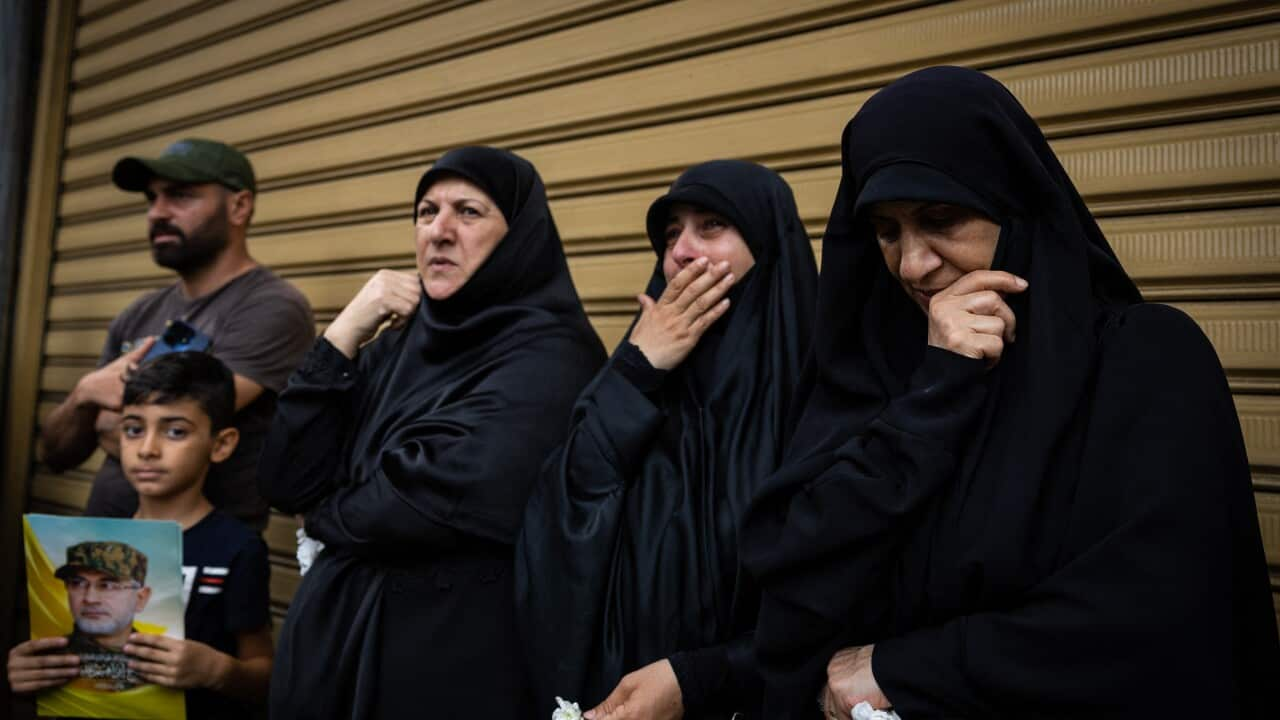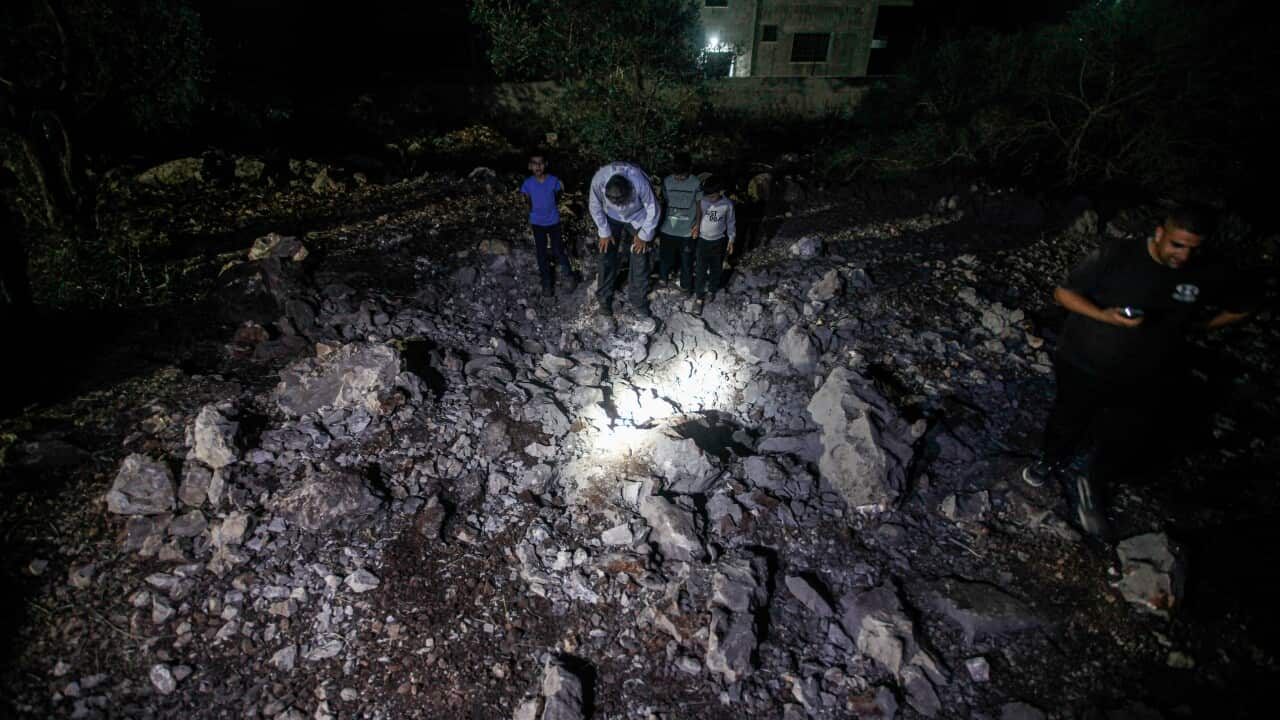Key Points
- Israeli military said the airstrike killed senior Hezbollah commander Ibrahim Qubaisi.
- The attack, in which six people were killed, dealt another blow to the Iran-backed group.
- Calls for diplomacy are growing as the conflict worsens.
An Israeli airstrike on Beirut killed a senior Hezbollah commander on Tuesday as cross-border rocket attacks by both sides increased fears of a full-fledged war in the Middle East.
Israel's military said the airstrike on the Lebanese capital killed Ibrahim Qubaisi, who it said was the commander of Hezbollah's missile and rocket force. Two security sources in Lebanon described him as a leading figure in the Iran-backed group's rocket division.
The relentless pressure on Hezbollah has increased fears that nearly a year of conflict will explode into another all-out war and destabilise the Middle East, where a conflict between Israel and Hezbollah's ally, Hamas is already raging in Gaza.
Israel struck the Hezbollah-controlled area of the Lebanese capital for a second consecutive day after mounting a new wave of airstrikes on targets in Lebanon.
After nearly 12 months of war against the Palestinian militant group Hamas in Gaza on its southern border, Israel is shifting its focus to the northern frontier, where Hezbollah has been firing rockets into Israel in support of Hamas, which is also backed by Iran.
The health ministry gave an initial toll of six dead and 15 wounded in the Beirut strike.

The Israeli strike targeting the 4th and 5th floors of a building in the Ghobeiry neighbourhood has killed six and wounded 15. Source: Getty / Houssam Shbaro
Israel's military chief said earlier that attacks on Hezbollah would be accelerated.
"The situation requires continued, intense action in all arenas," said military chief of staff Herzi Halevi after holding a security assessment.
Lebanese authorities said 558 people had been killed, including 50 children and 94 women, in Israel's airstrikes on Monday. A further 1,835 were wounded, they said, and tens of thousands more have fled for safety.
The casualty tolls and the charge from the most powerful and advanced military in the Middle East have spread panic in Lebanon, which suffered from devastating destruction when Israel and Hezbollah fought in 2006.
"We are waiting for victory, God willing, because as long as we have a neighbour like Israel, we can't sleep safely," said Beirut resident Hassan Omar.
Afif Ibrahim, a taxi driver from southern Lebanon, was defiant.
"They [Israel] want us (Lebanese) to kneel, but we kneel only to God in our prayers; we bow our heads to no one but God," he said.
Calls for diplomacy are growing as the conflict worsens, with United Nations human rights chief Volker Türk urging all states and actors with influence to avert further escalation in Lebanon.
"I believe that we can still find a path forward to get de-escalation between Israel and across that northern border between Israel and Lebanon and bring about a diplomatic solution that allows people to return to their home," White House national security adviser Jake Sullivan told MSNBC.
The fighting has raised fears that the United States, Israel's close ally, and regional power Iran, which has proxies across the Middle East — Hezbollah, Yemen's Houthis and armed groups in Iraq — could be drawn into a wider war.
Hezbollah last week suffered heavy losses when in the worst security breach in its history.
The operation was widely attributed to Israel, which has a long history of sophisticated attacks on foreign soil. It has not confirmed or denied responsibility.











